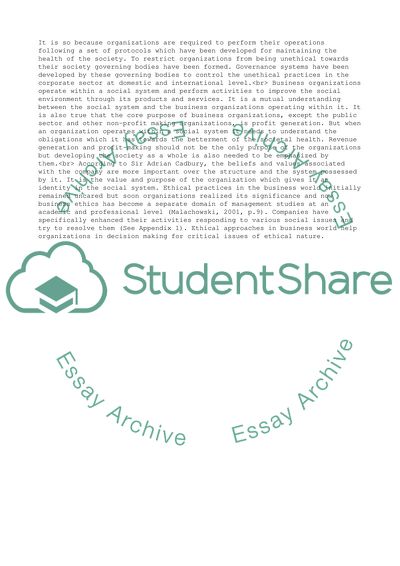Cite this document
(International Business Ethics and Morality Essay, n.d.)
International Business Ethics and Morality Essay. Retrieved from https://studentshare.org/business/1734857-international-business-ethics
International Business Ethics and Morality Essay. Retrieved from https://studentshare.org/business/1734857-international-business-ethics
(International Business Ethics and Morality Essay)
International Business Ethics and Morality Essay. https://studentshare.org/business/1734857-international-business-ethics.
International Business Ethics and Morality Essay. https://studentshare.org/business/1734857-international-business-ethics.
“International Business Ethics and Morality Essay”, n.d. https://studentshare.org/business/1734857-international-business-ethics.


